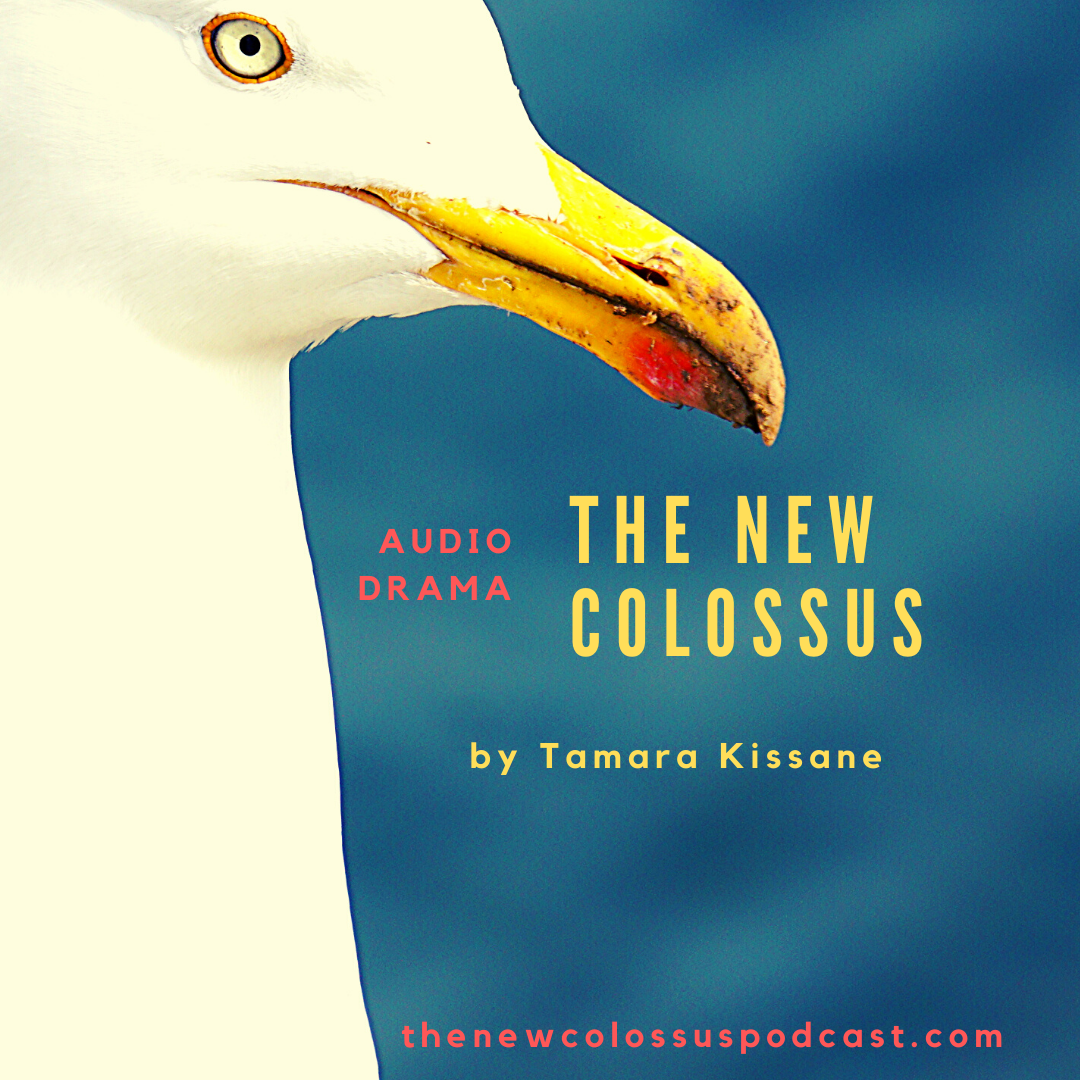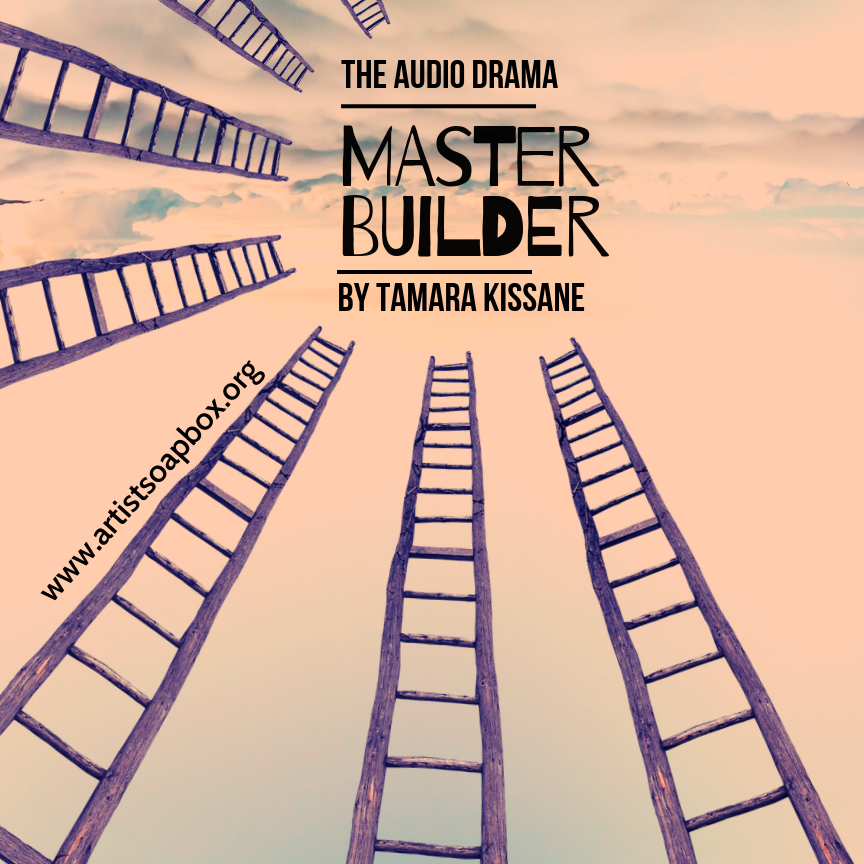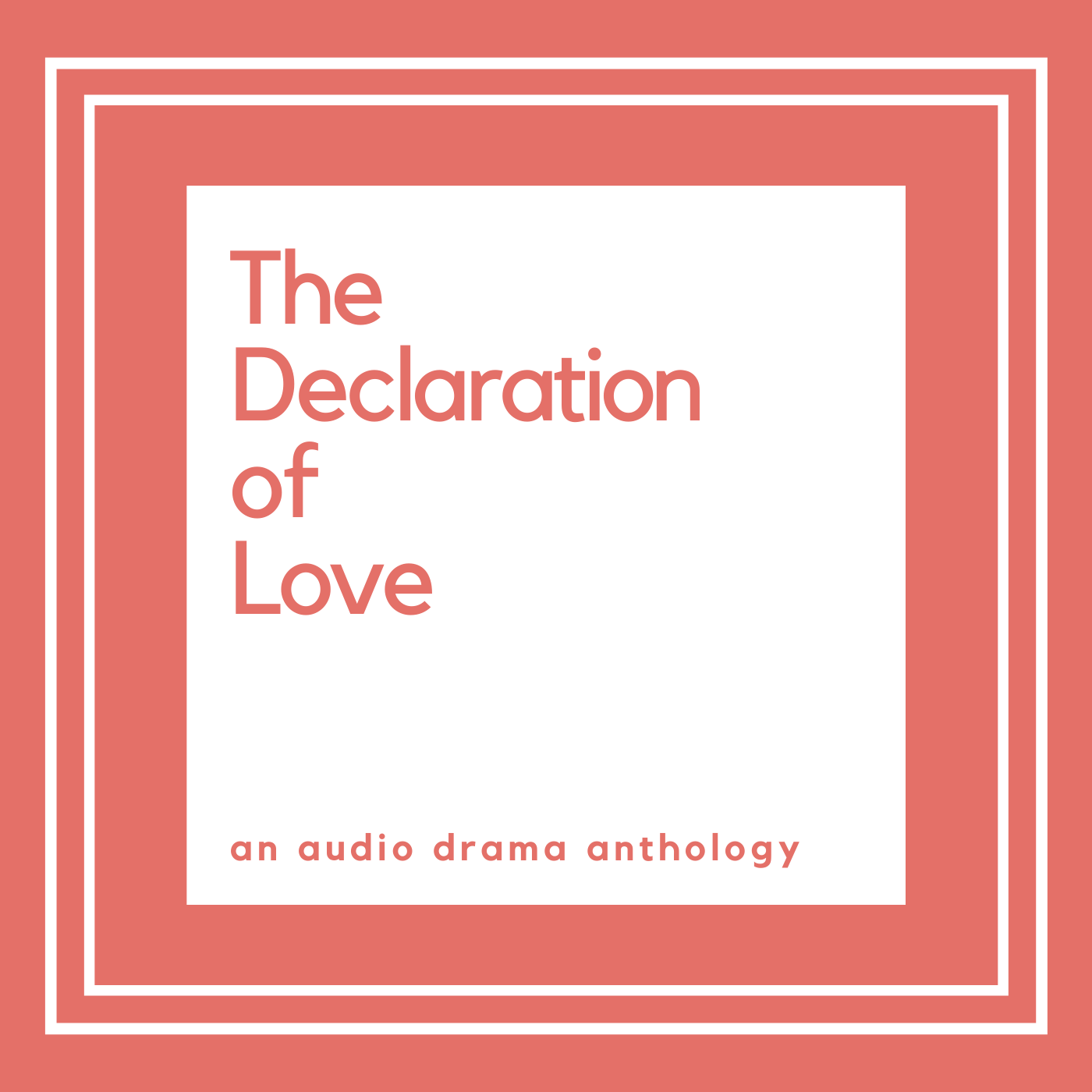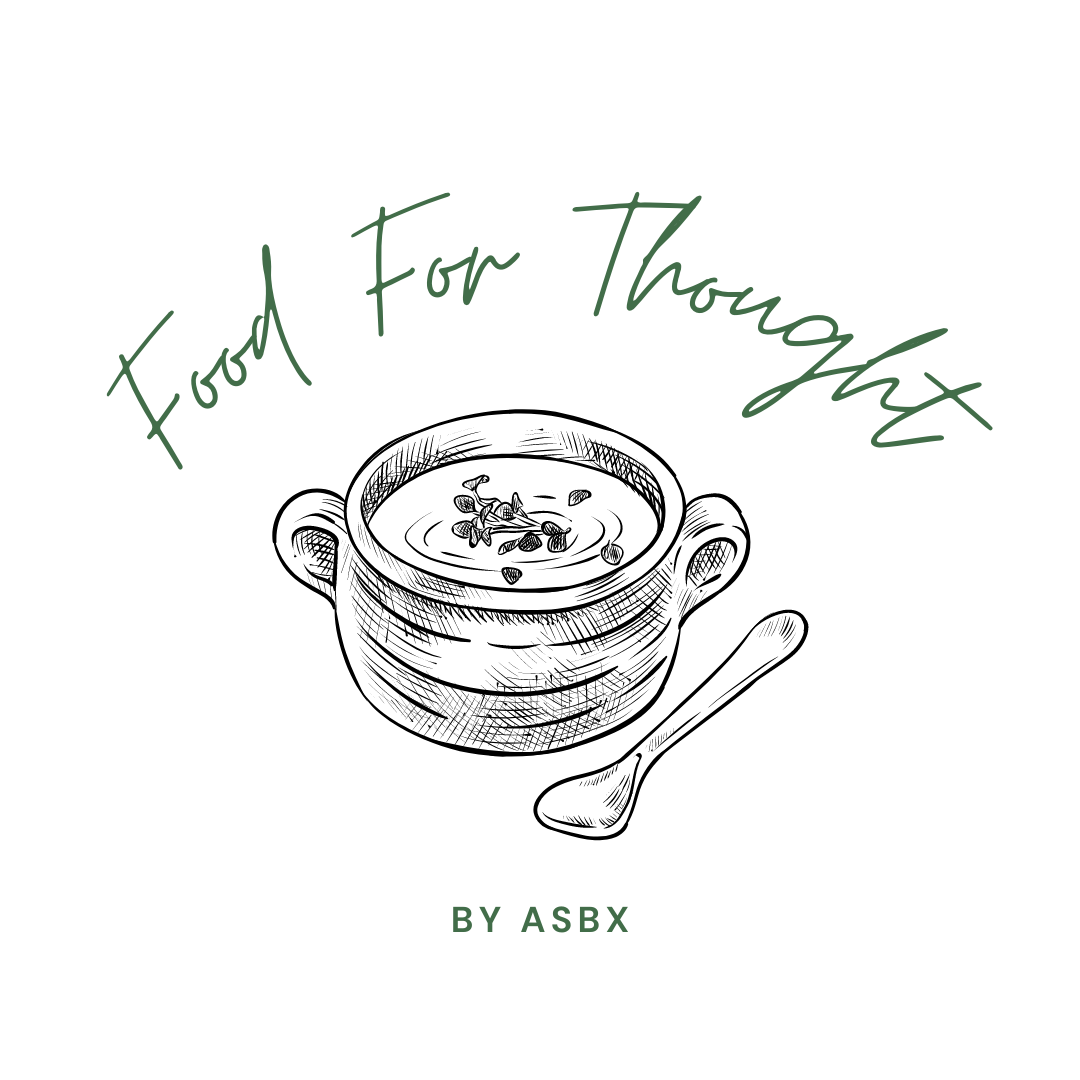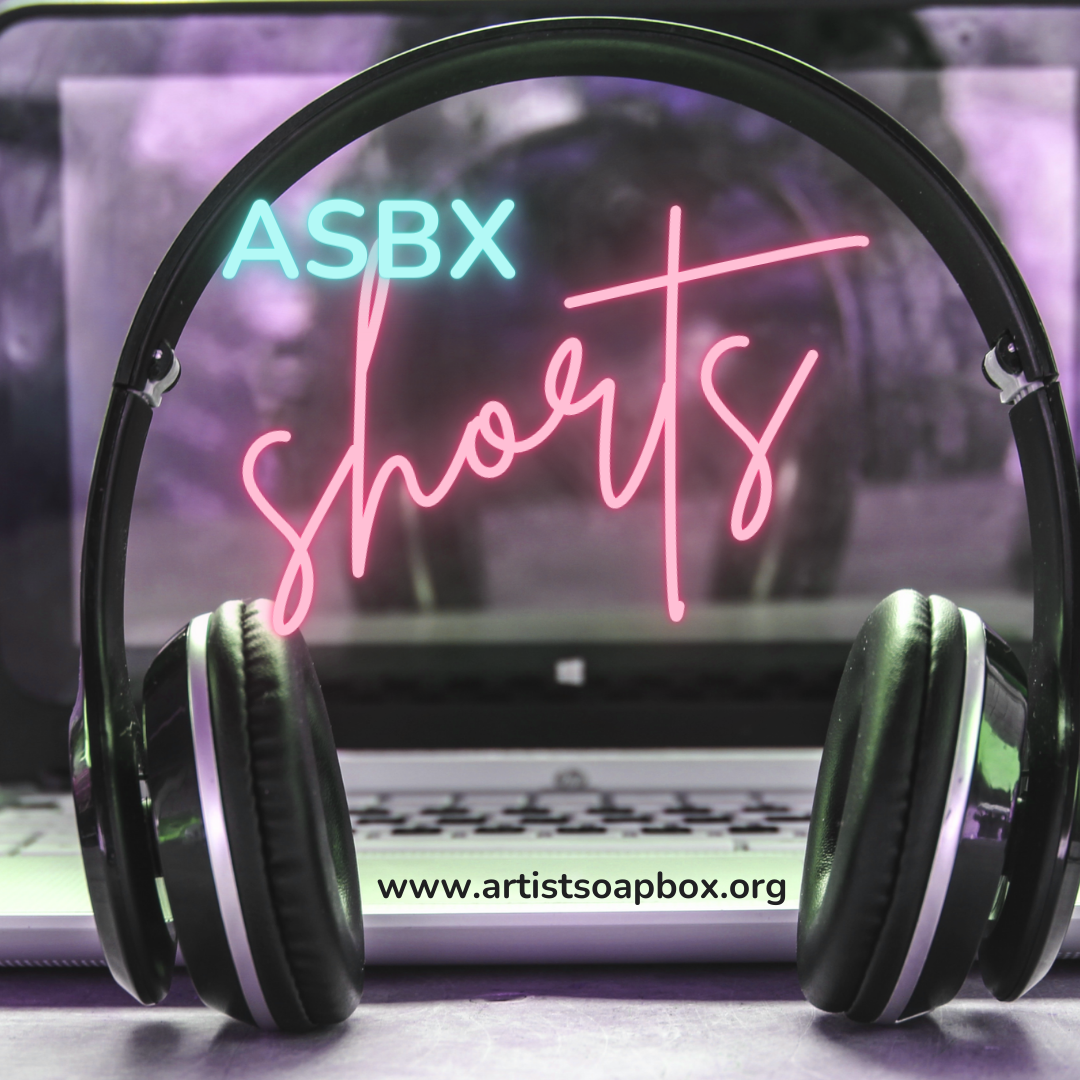I need a dramaturg STAT. Marshall Botvinick describes the roles and responsibilities of the mysterious dramaturg (you’ll want to hire one too!), teaching theatre online, unanticipated barriers to building audiences, and ‘theatre-making in the season of Trump’. What does it take to have a two-directional conversation, combat fear of judgment, and leverage art-making to form a healthy society? What, indeed?
Marshall Botvinick is a Lecturer in the Department of Theatre at UNC Wilmington and an Adjunct Assistant Professor at Elon University. He holds an M.F.A. in Dramaturgy from the A.R.T./MXAT Institute for Advanced Theater Training at Harvard University and a B.A. in Theater Studies from Duke University. He has worked with the American Repertory Theater, PlayMakers Repertory Company, Manbites Dog Theater, Little Green Pig Theatrical Concern, and Burning Coal Theatre Company. In addition to his work as a dramaturg, Marshall is also a playwright whose work has been developed at South Carolina Repertory Company and the Mid-America Theatre Conference. He is the author of the book Jonson: Volpone and the editor of the essay collection Staging Ben: A Collection of Essays on the Theatricality of Jonson’s Plays.
This episode is brought to you by the Soapboxers, the official patrons of the Artist Soapbox. If you like these episodes and want more, get on the Soapbox!
[NOTE: WE NOW HAVE TIME STAMPS! SEE BELOW FOR DETAILS]
Additional Links:
LMDA: What is Dramaturgy? (A Few Possibilities)
Marshall’s Essays and Blog posts on Howlround.com
Burning Coal: Peter Pan and Wendy
Making Theatre in the Season of Trump
Podcast recorded at Shadowbox Studio in Durham, NC.
[0.00] Intro: Tamara mentions topics that weren’t covered in this episode including Marshall’s work as a dramaturg on Peter Pan and Wendy at Burning Coal, running Nov. 30-Dec 17.
[1.43] Marshall Botivinick bio
[2.54] What is a dramaturg? Tamara reads The Role of the Dramaturg from Literary Managers and Dramaturg site. Marshall explains the roles and responsibilities of a dramaturg working with new plays, plays in production requiring research, and historical plays with language that may need unpacking (Shakespeare), etc.
[10.15] Examples of three main categories of projects that Marshall works on as a dramaturg.
[14.08] How do you learn to how to do this? Marshall describes the two primary ways to become a dramaturg — graduate school and ‘apprenticeship.’
[15.50] What do you study? Marshall describes the breadth of coursework in his graduate school program.
[18.54] Do you need to advocate for your value as a dramaturg? Marshall says no. He describes the emergence of the dramaturg in the last 30 years.
[21.50] Has the study of dramaturgy influenced Marshall’s own playwriting? Yes. Immensely and positively.
[23.30] Teaching. Tamara asks about the breadth of students that Marshall teaches and has taught at the college level.
[25.50] How does Marshall approach teaching different populations of students (depending on their previous experience with theatre and the goals of their training)?
[27.07] How does online education work for teaching students about theatre?
[28.40] Marshall’s goals as a teacher: Appreciation that fosters consumption. Media literacy (beyond theatre).
[31.19] Theatre is primarily a live event/experience — how do you square that with teaching individuals online who are not in the same community?
[33.42] What is Marshall hearing from the students he’s in dialogue with about engagement or lack of engagement with theatre? Barriers to attending theatre include: Money, Time, and 3 Fears (personal safety, judgment that stems from assumption about class, and judgment about politics)
[39.25] Making Theatre in the Season of Trump: a blog post by Marshall Botvinick on 4/3/16. Thoughts about that a year and a half later? Can we foster conversations and promote engagement across political lines? The article as a civics article vs. a political article. How do we form a healthy functioning society and how can art support that when society seems to be fraying at the seams? Tribalism and entrenchment is not the answer. Marshall’s job as a political canvasser. How going local can revitalized modern theatre — theatre as a multi-purpose organization engaged in promoting a healthy society.
[48.41] Tamara wraps up.


